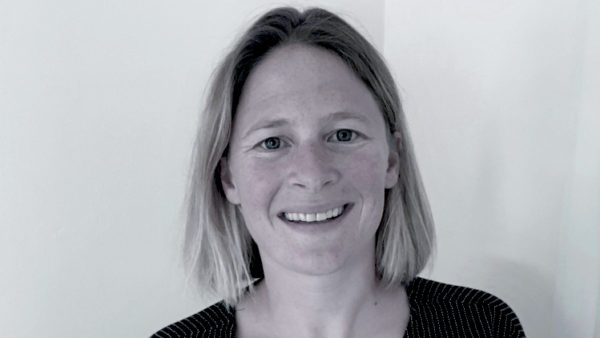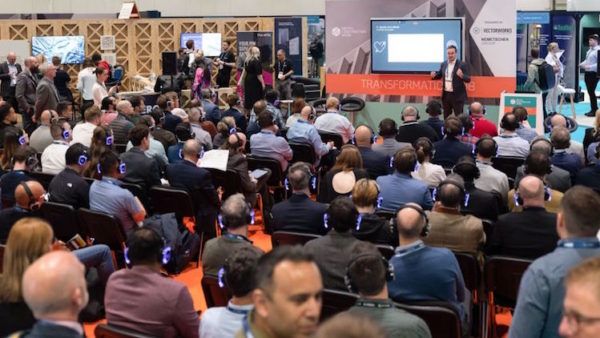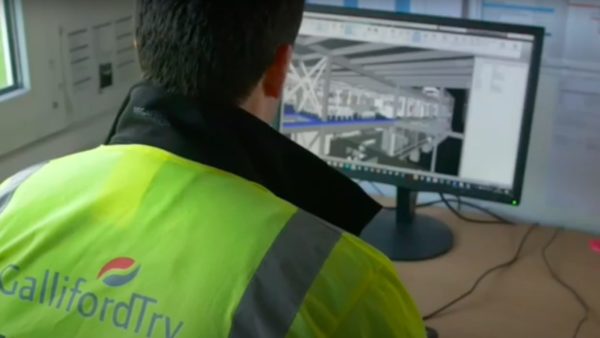Global consultancy Aecom held its first UK Hackathon at the end of January in London. Chris Thorn, Aecom’s principal technology & process consultant, outlines what he learnt from it.
CityHack18, our first Hackathon in the UK, brought together 80 creative thinkers, digital enthusiasts and innovators with a passion for London’s future at our London office in Aldgate with the aim of finding new tech talent and developing innovative tech solutions in the construction industry.
Over three days teams competed to develop apps and platforms that will help to solve challenges provided by some of London’s biggest city organisations. The winners, Sigmund Freight, received a prize of £7,500.
It was facilitated by Alejandro Saucedo of Exponential Technologies and co-founder of HackTrain and included mentors from Microsoft, Virgin StartUp and Future Cities Catapult. Here are five key things we learnt from the event:
1. Don’t underestimate the effort required to pull it off
A major takeaway was the amount of effort required to pull an event like this together. Not only from the organisers, but also the hosting staff, the start-ups and the various business partners, as well as the participants who all shared a passion for London’s future to develop solutions to real-life problems using technology.
Challenges were presented by Transport for London (TfL), Greater London Authority, the Environment Agency and the City of London Corporation which were seeking solutions that cover active travel, infrastructure planning, flood risk management and streamlined solutions for freight in the city.
2. It takes huge commitment from participants
As well as the amount of effort put into the event, we were also seriously impressed by the level of commitment involved. It was clear that half way through the weekend some groups didn’t have solid ideas and were starting to feel worried, but this did not dampen their enthusiasm.
One particular team discovered at 9:30pm on the Saturday night, over half way through the competition, that their idea had already been done. Despite this, two members of the team refused to give up and presented their idea on Sunday afternoon.
Their stage presence was remarkable, and the pitch clearly articulated the problem and a potential solution. By the time the pitch was completed the judges were none the wiser to the setback the team had faced.
3. Solutions aren’t everything
Importantly, it became clear that it is far better to understand a problem than it is to deliver a quick solution. For example, TfL presented the challenge of spreading the load on their infrastructure.
Several groups perceived that the solution would be to encourage Londoners to become more active and avoid using the infrastructure altogether – however, that would lead to a reduction of income for TfL, in time these teams all pivoted to address the core of the challenge.
One team presented an app that offered various routes for commuters, such as greener routes that go through parks, leaner routes to increase steps per day or cleaner routes to avoid busy roads with more car fumes. This would mean that the commuters would get off at quieter stations, reducing the commotion in busier stations whilst contributing to their own personal challenges.
The teams that thrived were the ones that took the time to understand the challenge and deliver innovative solutions. This example can be mirrored in the real world when preparing bids – it’s crucial for teams to understand exactly what the client needs.
4. Don’t forget it has to work
A key takeaway from the event was the importance of balancing the presentation of a solution with proving technical capability. It’s important to lean into the strengths of the team and focus on articulating the idea as clearly and concisely as possible. Sometimes this will be with a full working app, other times it will be using mock-ups of screenshots and other times there won’t be a prototype at all.
The winning team, Sigmund Freight, didn’t have a working prototype but used mock-ups of the screens and were able to tell their story wonderfully and that is what won the judges over.
Each team had a real mix of skills and that really helped. It showed that industry knowledge is just as important as coding skills, business acumen and design capabilities. It is clear that traditional skills will sit alongside more technical and coding skills in the teams of the future.
5. 48 hours is a long time in apps
Finally, never underestimate the amount of work that can be achieved in 48 hours when you have the right resources available to you. Never underestimate how much you can take away from being challenged outside of your existing practice field.
The connections, conversations and collaboration doors that opened for all of those that participated – hackers, mentors, Aecom senior team supporting and endorsing the event – are foundations for further creativity.
Main image: The #CityHack18 winners are Sigmund Freight who are going to provide conscious waste management for London















